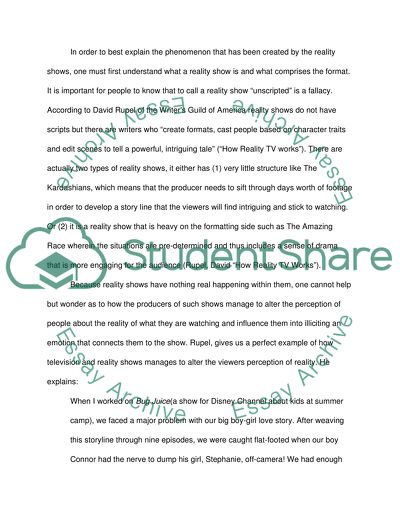Cite this document
(“The Influence of Mass Media in Society Research Paper”, n.d.)
Retrieved from https://studentshare.org/journalism-communication/1496738-the-influence-of-mass-media-in-society
Retrieved from https://studentshare.org/journalism-communication/1496738-the-influence-of-mass-media-in-society
(The Influence of Mass Media in Society Research Paper)
https://studentshare.org/journalism-communication/1496738-the-influence-of-mass-media-in-society.
https://studentshare.org/journalism-communication/1496738-the-influence-of-mass-media-in-society.
“The Influence of Mass Media in Society Research Paper”, n.d. https://studentshare.org/journalism-communication/1496738-the-influence-of-mass-media-in-society.


